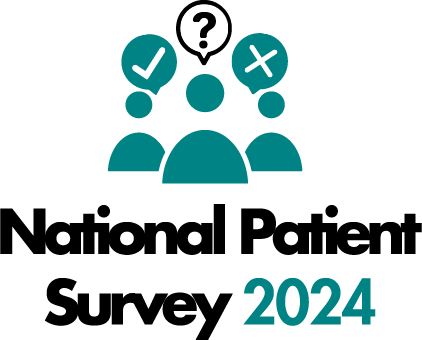 Our National Patient Survey 2024 report is now live. Thank you to all those that shared their experiences. Read our report here.
Our National Patient Survey 2024 report is now live. Thank you to all those that shared their experiences. Read our report here.HFEA Statement: SCBEM Code of Practice
The HFEA has issued a statement in response to Cambridge Reproduction’s newly unveiled SCBEM Code of Practice.
Peter Thompson, Chief Executive of the HFEA, said:
“Research using stem cell-based embryo models could offer significant benefits for improving our understanding of early development of the embryo and the practice of IVF. But because embryo models mimic aspects of early human development, despite not being the same as human embryos, ethical concerns have been raised about their use. The Cambridge Reproduction’s Code of Practice looks to fill this gap and aims to provide confidence and structure to researchers across the country.
“The HFEA is responsible for the regulation of human embryo research; embryo models are not human embryos in the current law. The law in the UK does not allow embryo models to be used in patient treatment. Last year, we put forward proposals for law reform, which include ‘future proofing’ it, so that it is better able to accommodate future scientific developments and new technologies, such as these. In the meantime, this new voluntary code will help researchers who have been uncertain about where they stand legally and ethically.
“The HFEA’s Scientific and Clinical Advances Advisory Committee continues to monitor developments of stem cell-based embryo models to understand these models' capabilities, and we are also working in partnership with the Nuffield Council on Bioethics to ensure new regulations can appropriately capture advancements in their uses.”
Ends
Review date: 4 July 2026

